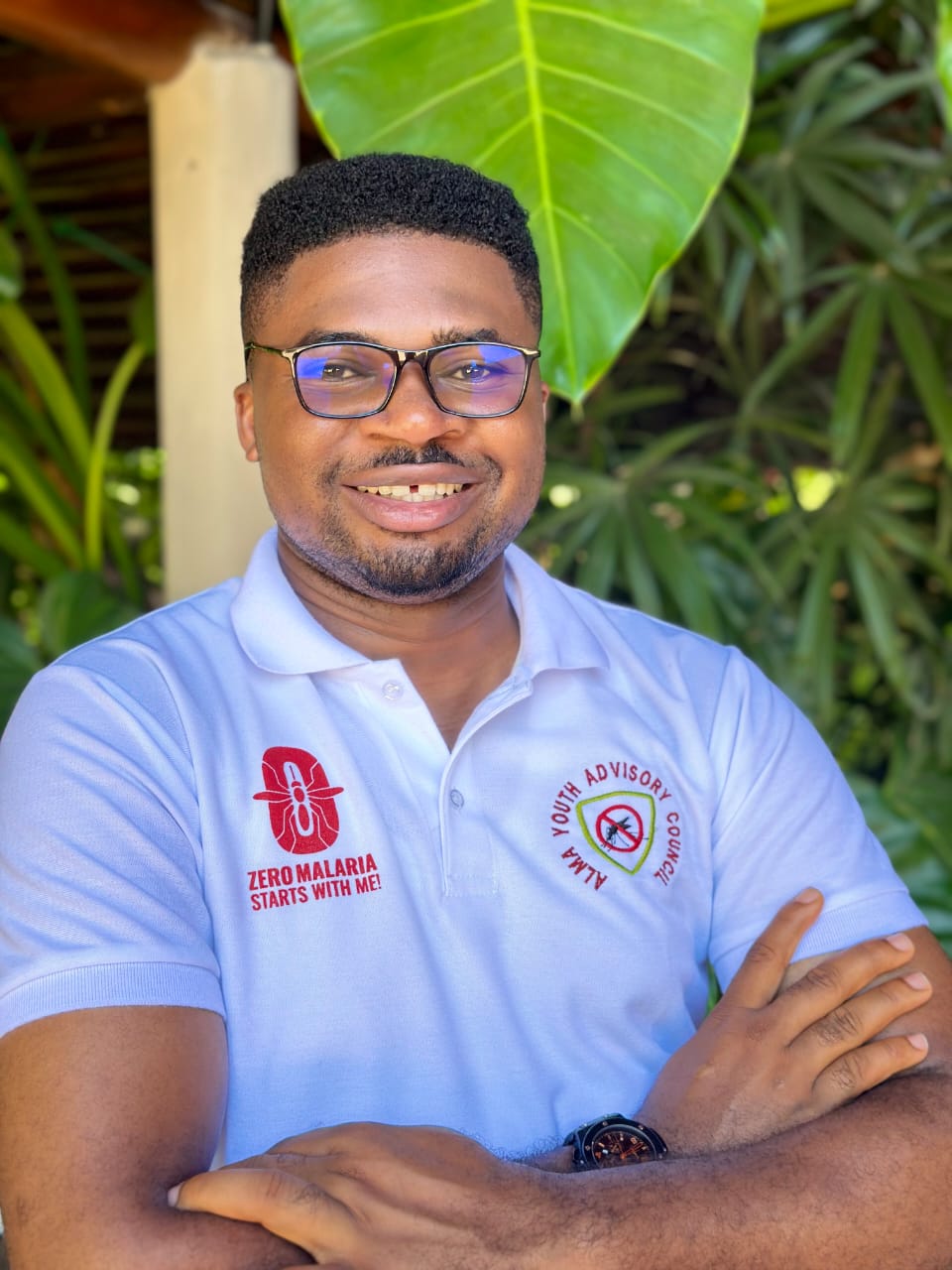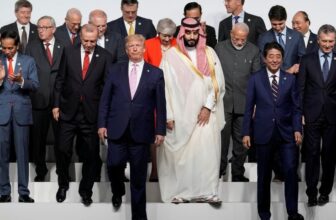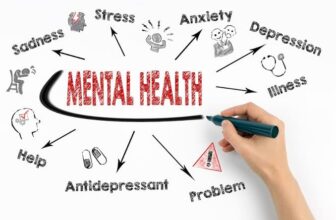
“As youths, our contribution to global health is beyond the use of placards on street campaigns, participation in policy development and decision making is a key area that must be prioritized for effective youth engagement. It is important to support young people to use their ideas and innovative minds towards ending diseases such as malaria.”
These are the words of Odinaka Kingsley Obeta; one of the top 3 finalists of the Rising Champion in Global Health Award, at the Reaching the Last Mile Forum, held at Expo City Dubai, on the side-lines of COP28 (Initiated and led by the President of UAE, His Highness Sheikh Mohammed bin Zayad Al Nahyan). It reflects a mind that understands the need of the moment, and is resilient in changing the narrative, by championing the elimination of malaria in Nigeria, and Africa at large.
Over the years, there has been another progression in how the African youth think, create and innovate. This can be seen in the market expansion and accessibility the continent has in the global scenery, especially in technology. One can safely say it is an advantage, to a line of many burden that are evident in Africa; one of which is Malaria. According to the WHO, the global burden of malaria in Africa is largely disproportionate, currently accounting for 94% of the 249million cases globally and 95% of the 608, 000 deaths. Four African Countries had more than half of the malaria deaths worldwide: Nigeria (26.8%), the Democratic Republic of Congo (12.3%), Uganda (5.1%) and Mozambique (4.2%). This puts Nigeria as the epicenter of Malaria burden on the global scale. However, in the very place where the gap is wider, rose a mind whose heart is impeccably commendable…
In 2017, a young undergraduate from the University of Jos volunteered to be part of the World Malaria Day campaign, organized by the Association of Medical Laboratory Scientists of Nigeria (AMLSN), Jos Chapter. In the next year, he was all geared up for another edition, but was sadly informed it won’t be holding.
To ensure sustainable action, he mobilized a network of like minds and carried out the campaign. This singular act launched a young man from Tudun-wada Jos, on a path of global impact.
This was the formative course for what soon became the Jos Block Malaria Project, that was fully operational in Jos North, offering more than 100 mosquito nets for residents of Agwan Rukuba and beyond, and educating the populace on the preventive measures to fight against Malaria.
In 2019, the project expanded to Jenta Mongoro Community, and provided medical interventions to 1,083 persons, including women and children. More than 500 youths were mobilized to carry out a community based sanitation. It had a creative health-entertainment fusion, as Musical concert was used to amplify the message of #ZeroMalariaStartsWithMe.
This project spanned for 7months, before the Jos Block Malaria Project evolved to what is now known as the Block Malaria Project Initiative, an organization that is using behavioral change to advance the African Policy against malaria.
Interestingly, seeing the level of malaria in the community where he held the Block malaria project in 2019, he chose to carry out his undergraduate research to assess the impact of malaria in the community, as opposed to his earlier topic. The findings of the research were submitted to the Commissioner of Health in Plateau State, through the Director of Research at the Ministry of Health and some of the recommendations he made were taken up in the following year, leading to the distribution of over 2000+ LLITNs for the Jenta Mongoro Community. After his project defense in the university, He was selected by Malaria No More UK, to feature in the #DrawTheLineAgainstMalaria global advocacy video, which was shot in three locations: the UK, Kenya and Nigeria.
In 2020, The Nigerian Health Watch spotlighted him as a Health Hero, for his contribution to strengthen the healthcare system in Nigeria; in commemoration of Nigeria at 60.
In 2021, Odinaka Kingsley Obeta was appointed by the African Leaders Malaria Alliance (ALMA), to serve as one of the 10 African youths selected to provide operational guidance on youth engagement in the fight against Malaria, towards Universal Health Coverage. Due to his outstanding contribution, Odinaka was saddled with the responsibility of West African Lead -ALMA. He was also recognized by WHO and Roll Back Malaria (RBM) partnership, as a Youth Voice during the 2021 World Malaria Day Virtual Forum, to represent the voices of young people combating malaria across the world.
He has been recognized by national and international organizations, as an ardent advocate for the elimination of Malaria. More to his recognition is the 25under25 Global Legacy Award, 2022, organized by Common Purpose UK (the first African to receive this award, in the maiden edition); Recipient, Young Medical Laboratory Scientists Forum (YMSLF) National Ambassadorial Award 2022; Nigerian Delegate at the Commonwealth Youth Forum, Kigali-Rwanda, and a host of others accolades. He also served as Delegate at the Model All Pre-Youth Summit, Addis Ababa and as an international observer at the 72nd WHO/AFRO, held in Lome, Togo. This year, he represented Nigeria at the St. Petersburg International Forum (SPIEF2023), which held in Russia.
Despite his growth in the community development landscape, Odinaka Kingsley Obeta still believes in actively being involved in community-led initiatives. Surprisingly, he received the mail for the REACH (Recognizing Excellence Around Champions of Heath) awards, while participating in a 3days community outreach, organized by Teens Ambassadors Foundation (TAF), somewhere in Kissalloi community in Bassa LGA of Plateau, Nigeria. Where he was providing diagnostic services to over 650 people. This recent exploit stands out as he was the only Nigerian in the 15 finalist, from a pool of over 800+ nominations.
In a quest to create sustainable blueprint for impact, he founded the Impact Training Room (ITR), a resource Centre that is empowering and equipping young minds with information, skills, tools for leadership; for personal and Community development. It aims to achieve the SDGs and AU Agenda 2063. This year, ITR started a fellowship that had over 196 applications from over 8 countries, with only 30 selected to run through a 6-weeks personal development fellowship. ITR also hosted its second edition of Teens Conference, that had a coverage of more than 200 teenagers.
Notably, Odinaka has proven that there is no second guessing the future that lies ahead in the fight against Malaria and Neglected Tropical Diseases in Africa. This generation is at work, and the next generation is being equipped. Malaria is in trouble!
There is so much to do in response to the looming effect of Malaria in Africa. The forces of thinking, creativity and innovation should be channeled to this gap. This is not a problem that is solely for those in the health professional. There is a demand for more hands to integrate the quality of healthcare services offered in response to Malaria. More areas need to be reached. More advanced technologies that links communities to cutting-edge monitoring and evaluation system need to be in place.
Education of the people should take a dynamic turn, embracing the various creative wings of delivery, so that every person is made a malaria fighter, every place and every platform is made ready for the fight against Malaria. The curve of global malaria cases can only be flattened with cross-sectorial involvement. A system where everyone takes responsibility for a healthier Africa. Where ‘no more Malaria’ sounds more realistic to everyone who hears it, profession notwithstanding.
Like Odinaka, do not shut your eyes to the challenge(s) of a community, all because it is not your original place of descend. Though a descend of Enugu state, he is amongst the renowned change makers in Plateau state Nigeria, and is still sending waves of humanitarian acts to his state of origin. Yours might not be the plight of a malaria-stricken community, but there is a course, worth giving your expertise, resources or skills to. The not-so-little efforts by many committed hands, never leaves a community the same. Don’t ask if you can, ask how you can!







